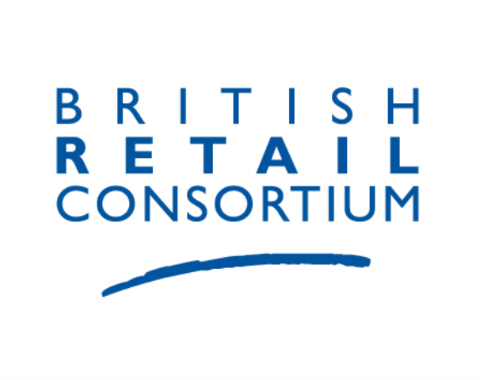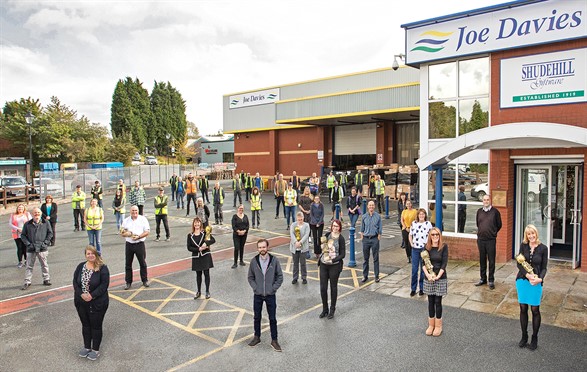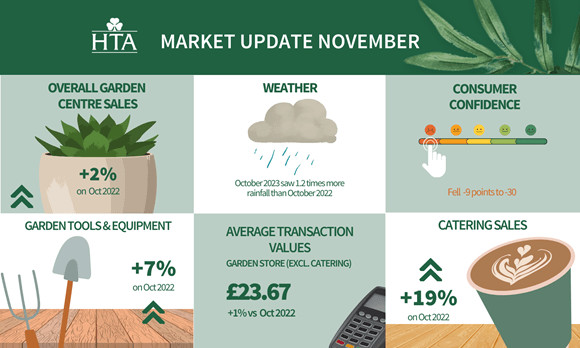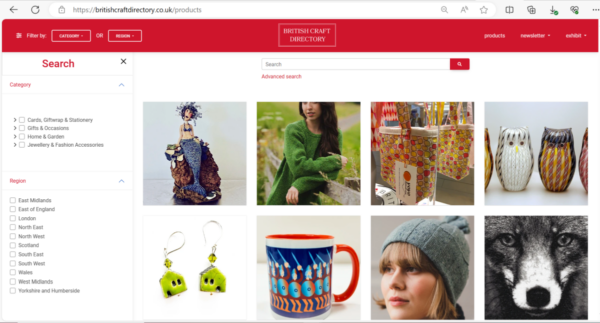 The volume of retail sales grew for the third consecutive month in the year to January according to the CBI, but sales for the time of year were the weakest against seasonal norms in over four years.
The volume of retail sales grew for the third consecutive month in the year to January according to the CBI, but sales for the time of year were the weakest against seasonal norms in over four years.
Growth in online sales rose firmly in the year to January at the fastest rate since this time last year and beating expectations of a marked slowdown in growth. A similar rise in internet sales is expected next month.
This compares to a 1.5% sales fall in December – the worst drop recorded for that month since 2010 – following strong sales in November when Black Friday discounting encouraged people to shop earlier for Christmas.
More than two-thirds of UK consumers (68%) class ethical behaviour as important when shopping – citing treatment of employees (79%), ethical supply chains (76%) and treatment of workers and animals (49.8%) as ‘critical’ to their decision-making, EY reveals. In practice, however, ethically sourced items only come in the top three purchase considerations for 7% of UK consumers.
Alibaba, China’s internet giant, was inundated with applications for two ‘product experiencer’ jobs for people over the age of 60. Paying up to £45,000 a year, the successful candidates will be required to help make online shopping more accessible to seniors. There were 1,200 applicants in the first 24 hours.
 Following a six-year high of 3.1% in November, the Office for National Statistics has revealed that consumer price inflation dropped to 3% in December. The British Retail Consortium’s Rachel Lund said that pre-Christmas discounting by retailers and a more modest increase in airfares than last year was offset by an increase in tobacco and petrol prices.
Following a six-year high of 3.1% in November, the Office for National Statistics has revealed that consumer price inflation dropped to 3% in December. The British Retail Consortium’s Rachel Lund said that pre-Christmas discounting by retailers and a more modest increase in airfares than last year was offset by an increase in tobacco and petrol prices.
Year-on-year, December footfall decreased sharply by 3.5%, the biggest decline since March 2013 when it dropped by 5.2%, according to Springboard. All regions suffered last month, the sharpest reductions being experienced by Scotland (4.7%), South West (5.2%) and Greater London (3.7%).
Many small businesses were still charging customers extra to pay by card just days before the nationwide ban was due to come into force on January 13, according to card machine provider Paymentsense. Shoppers in Birmingham, Bristol and Manchester reported the least change in business behaviour after more than 40% of shoppers said they were still being hit with card surcharges.
 Responding to the announcement that the price per litre of petrol and diesel are at their highest since December 2014, Mike Cherry, national chairman of the Federation of Small Businesses, reported that of members who reported a rise in operating costs almost a third said that fuel prices were the main cause of the increase.
Responding to the announcement that the price per litre of petrol and diesel are at their highest since December 2014, Mike Cherry, national chairman of the Federation of Small Businesses, reported that of members who reported a rise in operating costs almost a third said that fuel prices were the main cause of the increase.
Keval, Kunal and Savan Dattani, co-founders of men’s grooming business Mo Bro’s, secured an investment of £150,000 when they appeared on Dragons’ Den over Christmas. On the Enterprise Nation website they now offer tips to other entrepreneurs preparing to face the Dragons (https://www.enterprisenation.com/blog)
The Tariff Roadmap is at the heart of the British Retail Consortium’s campaign for ‘a fair Brexit for consumers’. It is seeking tariff-free trade; customs arrangements that are ‘as frictionless as possible’; certainty for EU colleagues working in the UK, and the continuity of existing EU legislation as it transfers to the UK.
Retail investors were reportedly among the hardest hit by the collapse of Carillion.
Alan Monahan













